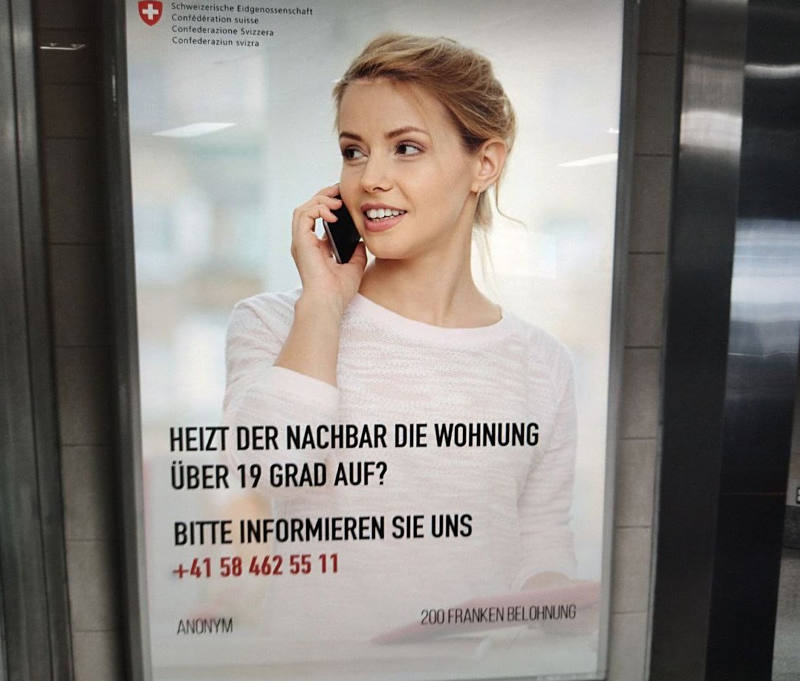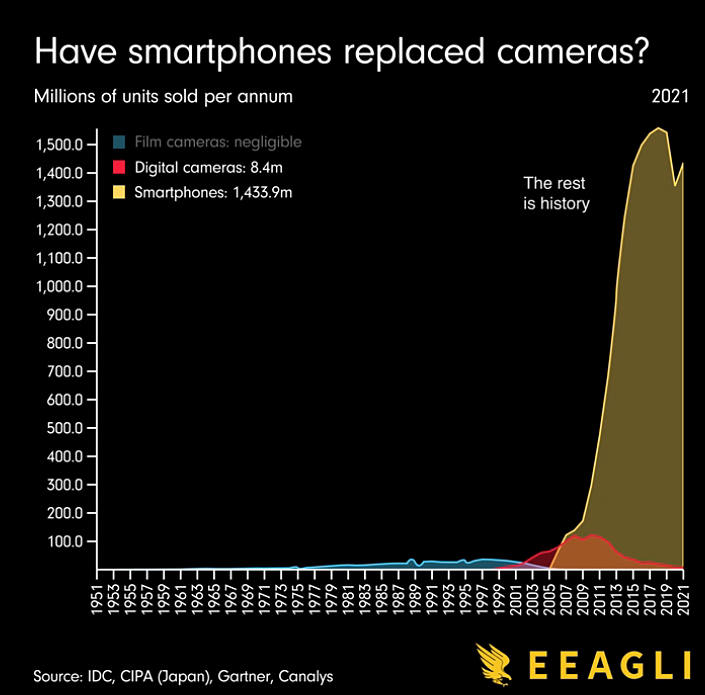
-
Follows0Replies5Views6.2KEnd of mining on GPUs, at least in this iteration of crypto scam
-
After the transition of the Ethereum blockchain to the Proof-of-Stake algorithm, which took place as part of The Merge event, the mining of this cryptocurrency on video cards became impossible. And a day after the event, the profitability of mining other altcoins fell catastrophically - mining ceased to generate income almost completely.
As a result of The Merge, the miners who were busy mining Ethereum had a huge amount of video cards released. A few days ago, the Ethereum network hashrate was 900 Thesh / s, which is equivalent to 9.5 million RTX 3080-level video cards or 20 million mid-range video cards. Now, miners have to look for other uses for these accelerators.
Many miners hoped that after the transition of Ethereum to the Proof-of-Stake algorithm, they would be able to transfer their mining power to other altcoins that continue to work on the Proof-of-Work algorithm. For example, for such cryptocurrencies as Ravencoin, ERGO, Ethereum Classic, etc. However, this calculation does not seem to work. The large-scale transfer of computing power has led to a sharp increase in the hash rate and a decrease in profitability when mining any altcoins. As a result, the remuneration received by the miners has ceased to pay even the cost of electricity.
The Tom’s Hardware portal analyzed the profitability of mining on various models of graphics accelerators using data from NiceHash and WhatToMine sites. The conclusions for the miners were disappointing. With the cost of electricity at the rate of 10 cents per 1 kWh, as well as at current prices for accelerators, with the help of mining, it will not be possible to either earn or recoup the purchased accelerator.
Among the 21 models of AMD Radeon RX 6000 and NVIDIA GeForce RTX 30 series graphics cards, only five of them can still theoretically make a profit. For example, the GeForce RTX 3090, Radeon RX 6800 and RX 6800 XT, which were considered the most profitable for mining before The Merge, now bring in at best a profit of $0.06 per day (excluding electricity costs). In this case, it will take more than 20 years to cover the cost of, for example, the Radeon RX 6800.
5 comments 6 comments Vitaliy_KiselevSeptember 2022Last reply - November 2022 by robertGL Subscribe to this blog
Subscribe to this blog
-
-
Follows0Replies0Views2.2K
-
Follows0Replies3Views6.5KWar: Switzerland advertising - report too hot home of your neighbor to put them in jail!3 comments 4 comments Vitaliy_KiselevSeptember 2022Last reply - September 2022 by Vitaliy_Kiselev
 Subscribe to this blog
Subscribe to this blog
-
-
Follows0Replies0Views2.0KGermany: It's the end of the meat as we know it
-
Germany could feed an additional 70 million people if the Germans changed their diet and reduced the number of livestock by about 75%, Greenpeace researchers say.
The study suggests a decrease in the consumption of animal products at the same time as the reduction in the number of animals in Germany. The Öko-Institut is guided by the Planetary Healthy Diet (PHD) concept developed by the EAT Lancet. The report looks at ways to feed the world's growing population.
According to the Öko-Institut, reducing the number of animals by 75% will free up 40% of arable land, as there is no need to grow fodder. Recommendations include re-wetting 80% of swamps, decommissioning 10% of arable land and pastures to ensure biodiversity, and devoting 30% of the area to organic farming.
The authors of the study propose to increase the supply of rapeseed, corn for grain, legumes, soybeans to 100% and vegetables to 67%. At the same time, CO₂ emissions will increase by 1.2 million tons due to greater use of fertilizers, the authors believe.
Despite the increase in grain self-sufficiency, the Öko-Institut estimates that 40% of arable land will be able to grow food for export. This will feed 70 million people. If these areas are planted with forest, then according to the study, within 23 years, forests will absorb about 20.4 million tons of carbon.
Changing the diet will reduce greenhouse gas emissions from agriculture by 75%. Greenpeace claims that agriculture accounts for 13% of Germany's greenhouse gas emissions. According to researchers in agriculture, 80% of emissions come from animal husbandry.
Greenpeace believes that the current consumption of meat in Germany is too high. Meat-eating, according to environmentalists, exacerbates the climate crisis and harms human health. The Germans will have to "feed themselves in a way that is good for them and the planet."
“Now we are demanding a comprehensive response from politicians to achieve the goal of transitioning to nutrition in the coming years. We need to change the official dietary guidelines,” said Greenpeace agricultural expert Martin Hofstetter.
-
-
Follows0Replies0Views1.9K
-
Follows0Replies1Views2.6KWar: EU industry wrote big letters to EU bureaucrats
-
Europe’s non-ferrous metals producers call for emergency EU action to prevent permanent deindustrialisation from spiralling electricity and gas prices
Dear Ms President Von der Leyen, dear Ms President Metsola, dear Mr President Michel,
Ahead of Friday’s emergency summit, the business leaders of Europe’s non-ferrous metals industry are writing together to raise the alarm about Europe’s worsening energy crisis and its existential threat to our future. Our sector has already been forced to make unprecedented curtailments in the last 12 months. We are deeply concerned that the winter ahead could deliver a decisive blow to many of our operations, and we call on EU and Member State leaders to take emergency action to preserve their strategic electricity-intensive industries and prevent permanent job losses.
50% of the EU’s aluminium and zinc capacity has already been forced offline due to the power crisis, as well as significant curtailments in silicon and ferroalloys production and further impacts felt across copper and nickel sectors. In the last month, several companies have had to announce indefinite closures and many more are on the brink ahead of a life-or-death winter for many operations. Producers face electricity and gas costs over ten times higher than last year, far exceeding the sales price for their products. We know from experience that once a plant is closed it very often becomes a permanent situation, as re-opening implies significant uncertainty and cost
....
https://eurometaux.eu/media/qnhn5k30/non-ferrous-metals-ceo-letter-on-energy-crisis-06-09-2022.pdf
1 comment 2 comments Vitaliy_KiselevSeptember 2022Last reply - September 2022 by RoadsidePicnic Subscribe to this blog
Subscribe to this blog
-
-
Follows0Replies0Views1.5K
-
Follows0Replies0Views2.0KWar: Ordinary EU people will pay extra 2 trillion euros only for electricity
-
Energy bills for European households will surge by 2 trillion euros ($2 trillion) at their peak early next year, underscoring the need for government intervention, according to Goldman Sachs Group Inc. utilities analysts.
At their height, energy bills will represent about 15% of Europe’s gross domestic product, the analysts, led by Alberto Gandolfi and Mafalda Pombeiro, wrote in a note dated Sunday.
-
Howdy, Stranger!
It looks like you're new here. If you want to get involved, click one of these buttons!
Categories
- Topics List23,990
- Blog5,725
- General and News1,353
- Hacks and Patches1,153
- ↳ Top Settings33
- ↳ Beginners256
- ↳ Archives402
- ↳ Hacks News and Development56
- Cameras2,366
- ↳ Panasonic995
- ↳ Canon118
- ↳ Sony156
- ↳ Nikon96
- ↳ Pentax and Samsung70
- ↳ Olympus and Fujifilm100
- ↳ Compacts and Camcorders300
- ↳ Smartphones for video97
- ↳ Pro Video Cameras191
- ↳ BlackMagic and other raw cameras116
- Skill1,960
- ↳ Business and distribution66
- ↳ Preparation, scripts and legal38
- ↳ Art149
- ↳ Import, Convert, Exporting291
- ↳ Editors191
- ↳ Effects and stunts115
- ↳ Color grading197
- ↳ Sound and Music280
- ↳ Lighting96
- ↳ Software and storage tips266
- Gear5,420
- ↳ Filters, Adapters, Matte boxes344
- ↳ Lenses1,582
- ↳ Follow focus and gears93
- ↳ Sound499
- ↳ Lighting gear314
- ↳ Camera movement230
- ↳ Gimbals and copters302
- ↳ Rigs and related stuff273
- ↳ Power solutions83
- ↳ Monitors and viewfinders340
- ↳ Tripods and fluid heads139
- ↳ Storage286
- ↳ Computers and studio gear560
- ↳ VR and 3D248
- Showcase1,859
- Marketplace2,834
- Offtopic1,320






